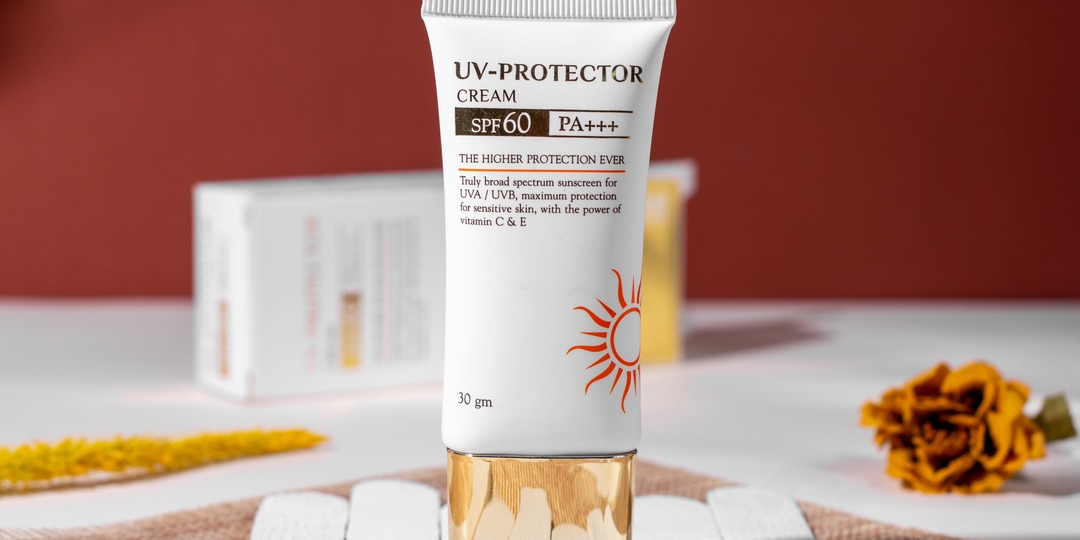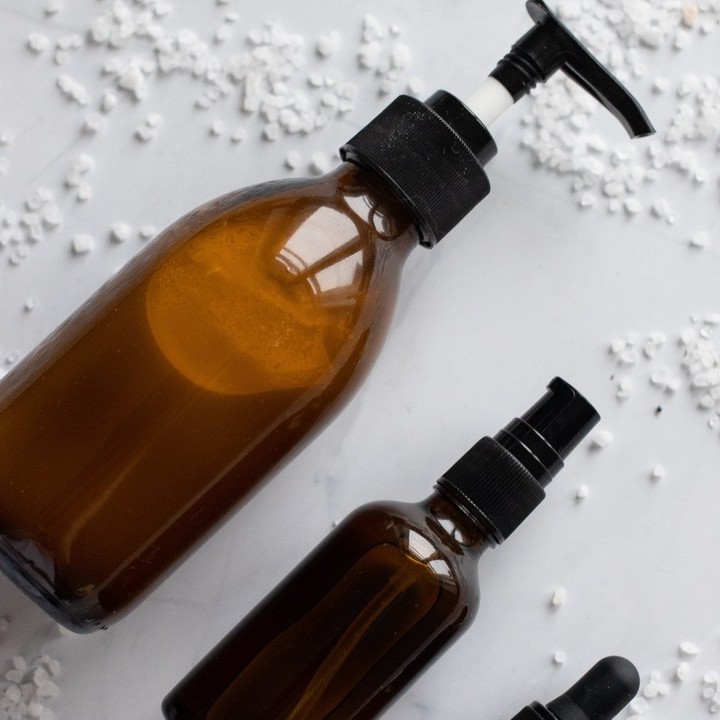
How I choose the best sunscreen for my skin
How I Choose The Best Sunscreen For My Skin
Choosing the best sunscreen for your face is a critical step in maintaining healthy and protected skin. With a myriad of options available on the market, finding the right sunscreen can be a daunting task. However, by considering several key factors, you can tailor your choice to your specific needs and preferences. In this extensive guide, we will explore in detail the essential aspects to consider when selecting a facial sunscreen, empowering you to make an informed decision that suits your skin type, lifestyle, and skincare goals.
The Best Sunscreen for Your Face
The importance of sunscreen cannot be overstated when it comes to maintaining healthy and youthful skin. While there are numerous sunscreens on the market, finding the best one for your face requires careful consideration of factors such as skin type, ingredients, and protection level. In this comprehensive guide, we will delve into the characteristics that make a sunscreen ideal for facial use and explore some of the top recommendations.
Factors to Consider
Key Features to Look for in a Facial Sunscreen
1. Broad-Spectrum Protection
One of the first and most crucial factors to consider when choosing a facial sunscreen is its ability to provide broad-spectrum protection. This means protection against both UVA and UVB rays. UVA rays can prematurely age the skin, causing wrinkles and fine lines, while UVB rays are responsible for sunburn. A sunscreen with broad-spectrum protection ensures comprehensive defense against the harmful effects of the sun.
2. SPF Rating
Sun Protection Factor (SPF) indicates the level of protection a sunscreen offers against UVB rays. The American Academy of Dermatology recommends using a sunscreen with an SPF of at least 30, which blocks about 97% of UVB rays. Higher SPF values provide additional protection, but the increase is not linear. For instance, SPF 50 filters about 98% of UVB rays. It's important to strike a balance between protection and practicality.
3. Water Resistance
If you anticipate sweating or swimming, a water-resistant sunscreen is essential. Water resistance ensures that the product remains effective even when exposed to water. However, it's crucial to note that no sunscreen is entirely waterproof, and reapplication is necessary after swimming or heavy sweating.
4. Non-Comedogenic Formulas
Facial skin is more sensitive and prone to breakouts, so choosing a sunscreen labeled as non-comedogenic is crucial. Non-comedogenic products are formulated to avoid clogging pores, reducing the risk of acne and other skin irritations.
Understanding Your Skin Type
The first step in choosing the best sunscreen for your face is understanding your skin type. Different skin types have varying needs and reactions to different formulations. Here are common skin types and considerations:
1. Dry Skin:
Look for sunscreens with moisturizing ingredients like glycerin, hyaluronic acid, or ceramides to prevent further dryness.
Cream-based sunscreens or those labeled as "hydrating" are often beneficial for individuals with dry skin.
2. Oily or Acne-Prone Skin:
Opt for oil-free or non-comedogenic sunscreens to prevent clogged pores.
Gel-based or water-based formulations are lightweight and can be suitable for oily or acne-prone skin.
3. Sensitive Skin:
Choose sunscreens with physical blockers like zinc oxide or titanium dioxide, as they tend to be less irritating.
Fragrance-free and hypoallergenic formulations are preferable for those with sensitive skin.
4. Combination Skin:
Consider sunscreens that strike a balance, providing hydration without causing excessive oiliness.
You might find success with lightweight lotions or moisturizing gels.
5. Ingredients:
a. Physical (Mineral) vs. Chemical Sunscreens
i. Physical Sunscreens: These contain active mineral ingredients like zinc oxide or titanium dioxide. They work by sitting on top of the skin, reflecting and scattering UV rays. Physical sunscreens are often preferred by those with sensitive skin because they are less likely to cause irritation.
ii. Chemical Sunscreens: These contain organic compounds that absorb UV radiation and transform it into heat, which is then released from the skin. Chemical sunscreens tend to be lighter and may offer a more aesthetically pleasing finish, making them suitable for daily use.
b. Additional Beneficial Ingredients
i. Antioxidants: Some sunscreens include antioxidants like vitamin C or E, which provide added protection against free radicals generated by sun exposure.
ii. Hyaluronic Acid: This hydrating ingredient helps maintain skin moisture, preventing dryness often associated with sun exposure.
iii. Niacinamide: Known for its anti-inflammatory properties, niacinamide can be beneficial for soothing the skin and addressing redness.
Application Tips for Maximum Effectiveness
To maximize the effectiveness of your chosen facial sunscreen, follow these application tips:
- Apply Generously: Use a sufficient amount of sunscreen to cover your face and neck adequately. Applying too little can significantly reduce the level of protection.
- Reapply Regularly: Sunscreen should be reapplied every two hours, or more frequently if swimming or sweating. Even if your sunscreen claims to be water-resistant, regular reapplication is essential for optimal protection.
- Layering with Other Products: If you use other skincare products, apply them before your sunscreen. Sunscreen should be the last step in your skincare routine to ensure proper coverage.
- Daily Use: Sunscreen is not just for sunny days. UV rays can penetrate clouds and windows, so make sunscreen a daily habit, regardless of the weather.
Topical Recommendations
1. La Roche-Posay Anthelios XL (SPF50+) Spray 200ml:
Overview Ideal for the whole family, the La Roche-Posay Anthelios XL SPF50+ spray can be applied to the body and face, helping our sensitive skin to avoid the harmful effects of ultraviolet rays. Highly water resistant and photostable thanks to the addition of Mexoryl filters, this sunscreen is specially designed for those who are nickel intolerant
2. Bioderma Photoderm Spf 100 Max Fluid Very Light 40ml :
Bioderma Photoderm Spf 100 Max Fluid Very Light 40ml is a sun care product tailored for skin prone to extreme conditions such as high UV exposure and pollution. This new generation of SPF100 formula brings to the skin moisturizing effect for 8h, protects the skin all day long, and prevents the signs of ageing.
3. Cerave Hydrating Mineral Sunscreen SPF 50 Face Lotion| 75 ml :
CeraVe Hydrating Mineral Sunscreen Face Lotion with Broad Spectrum SPF 50 is a 100%-mineral, oil-free sunscreen with titanium dioxide and zinc oxide that forms a protective barrier on your skin’s surface to help reflect the sun’s UVA and UVB rays without irritating sensitive skin.
Choosing the best sunscreen for your face involves a thoughtful consideration of your skin type, preferences, and specific needs. Whether you have dry, oily, sensitive, or combination skin, there is a suitable sunscreen for you. Look for key features such as broad-spectrum protection, an appropriate SPF rating, water resistance, non-comedogenic formulations, and beneficial ingredients like antioxidants and hydrating agents.
The recommended sunscreens, include Bioderma Photoderm Spf 100, La Roche-Posay Anthelios, and CeraVe Hydrating Mineral Sunscreen! Unseen Sunscreen, cater to various preferences and skin types. By incorporating sunscreen into your daily routine and following proper application techniques, you can enjoy the benefits of protected and radiant skin. Remember that consistent sun protection is a fundamental aspect of a comprehensive skincare regimen, contributing to long-term skin health and vitality.
Top of Form
 العربية
العربية





